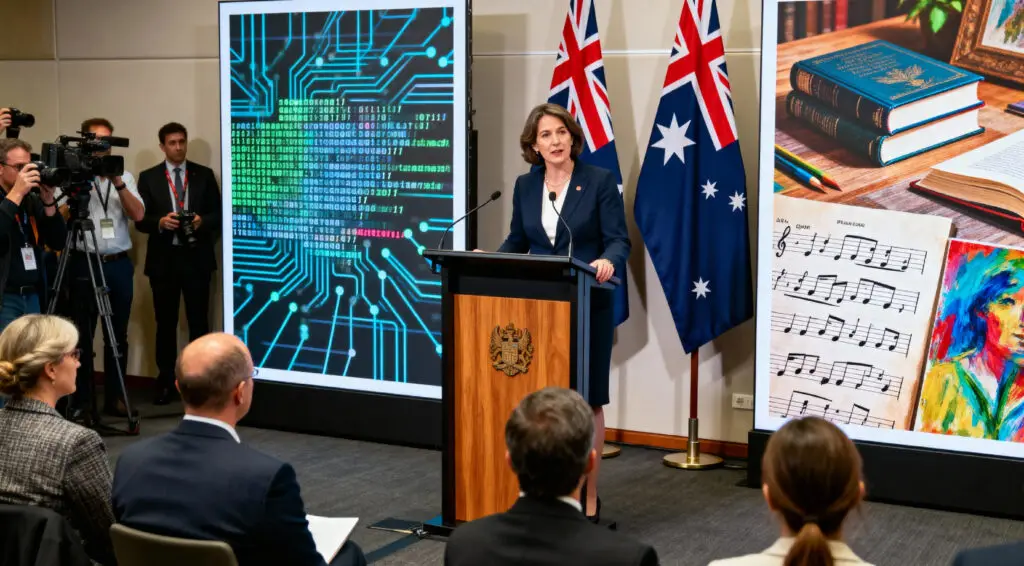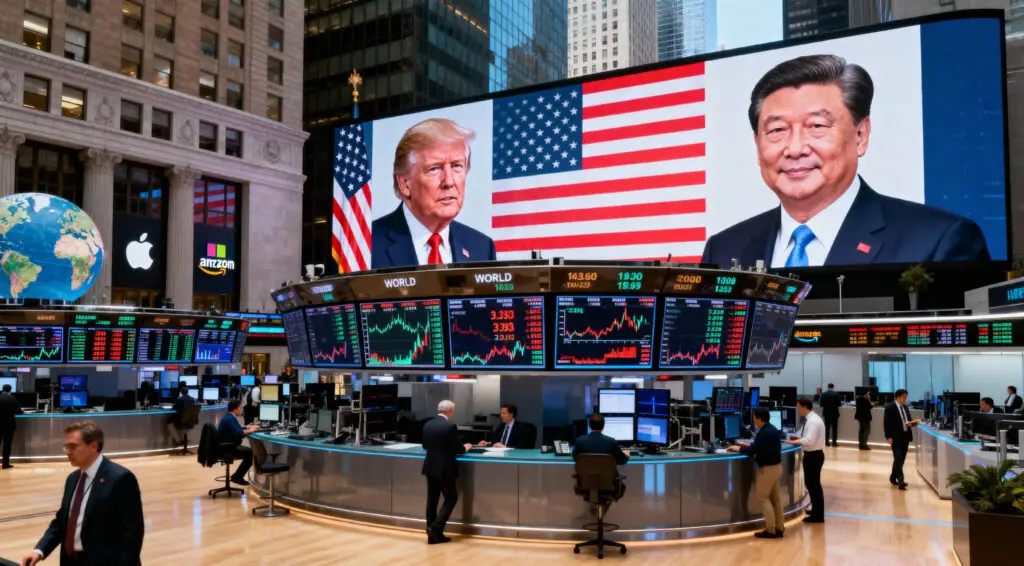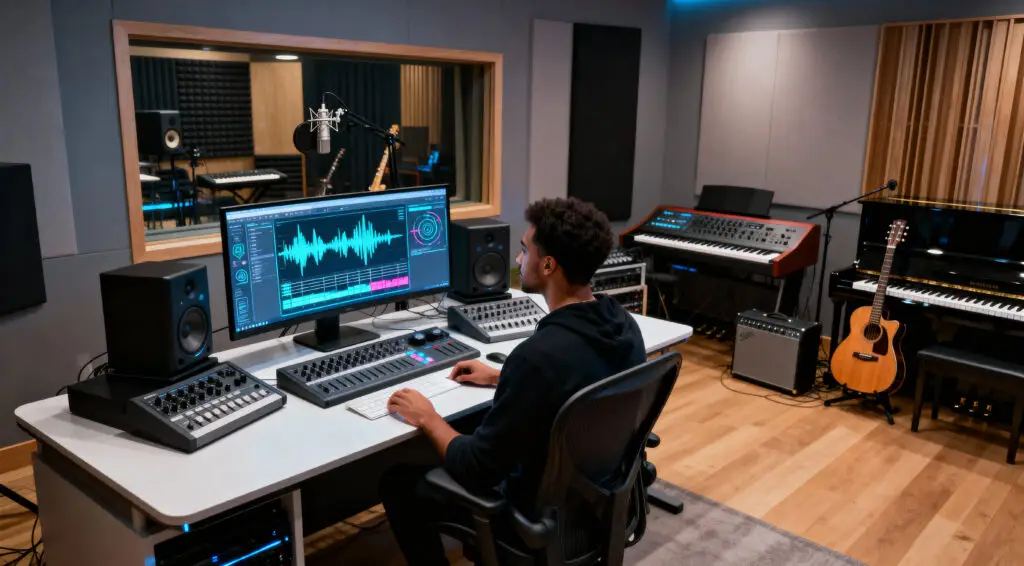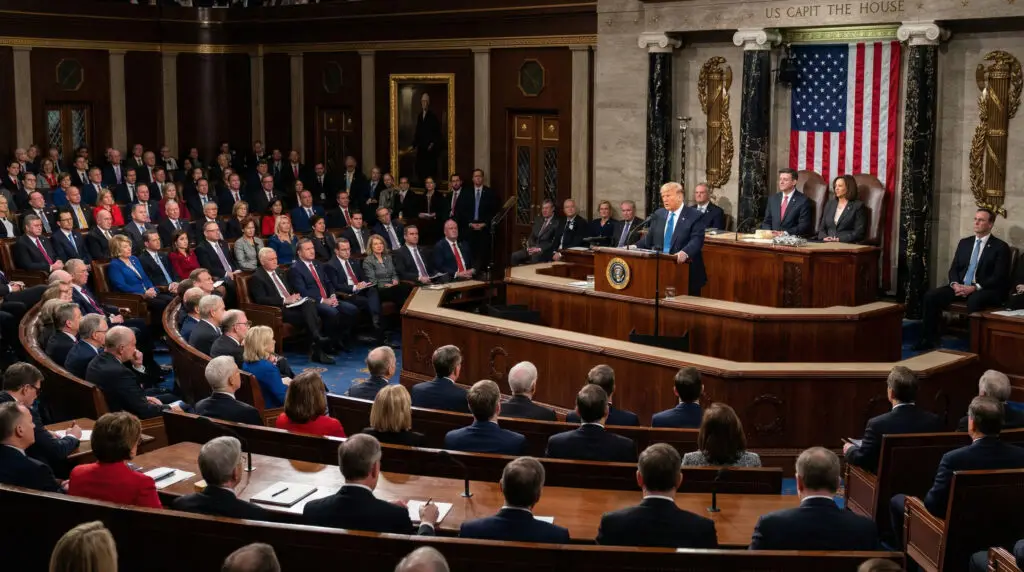Government Rejects Proposal to Exempt AI From Copyright Laws
The Albanese administration has made it clear that they would not let tech companies use copyrighted creative content for AI training without limits. The decision comes after a lot of criticism from Australian writers, artists, and media groups.
Attorney General Michelle Rowland confirmed the action, adding that legal protections must make sure that Australian artists are paid fairly. She said that creators are “the lifeblood of Australian culture” and need to be protected.
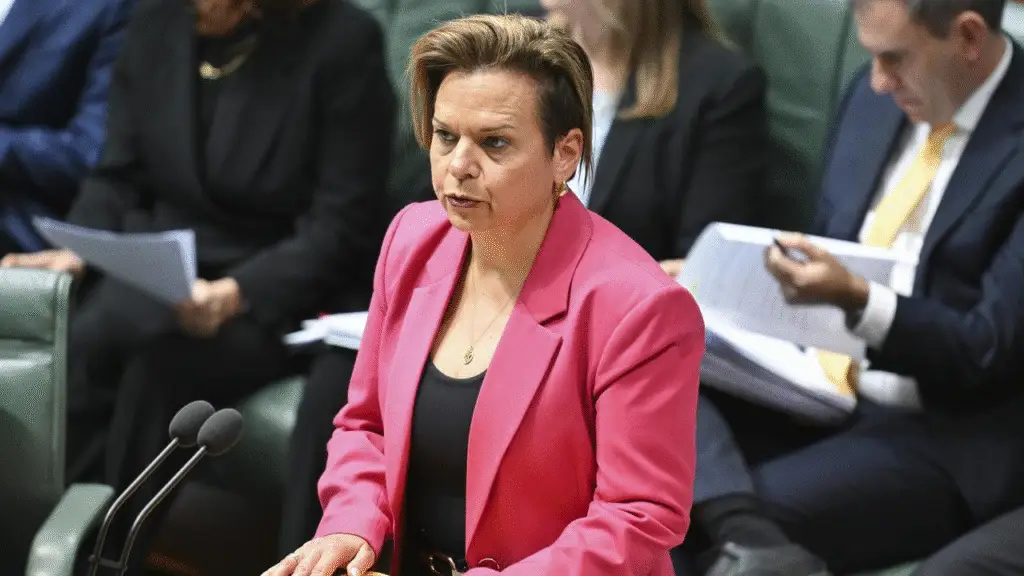
Source: The Australian
Proposal Drew Widespread Outrage From Creative Industries
The Productivity Commission’s digital economy study recommended that AI development should be excluded from copyright, which started the debate. Scott Farquhar of Atlassian and other IT companies supported the idea, saying it might bring in big overseas investments.
Creative groups, on the other hand, spoke out against the plan, saying it would make it lawful to utilize books, art, and performances without permission. Critics warned it would hurt artists’ rights and put Australia’s cultural industry at risk.
Authors and Artists Condemn the Copyright Exemption Idea
Anna Funder, a well-known novelist, called large-scale AI training “unauthorized appropriation” of artistic works. She added that machine learning algorithms use authors’ intellectual property without giving them credit or asking for permission.
Adam Briggs, a First Nations rapper, said the same things, telling legislators that letting people have unfettered access would be permanent. He warned lawmakers, “It would be hard to get the genie back in the bottle.”
Recommended Article: AI Growth Boosts US Economy but Small Businesses Struggle
Inquiry Exposes Lack of Consultation and Oversight
The Productivity Commission said it hadn’t talked to creative people before suggesting the exception. Unions, authors, and media leaders were outraged by the news and said the agency was neglecting cultural value.
Sarah Hanson-Young, a Greens senator, remarked that the research showed “a fundamental misreading of the creative industry’s worth.” She said that people who are directly affected should be part of future policy debates.
Labor Government Stands Firm on Copyright Protection
Rowland said that the administration is still dedicated to finding a balance between justice and innovation. She noted that Australia has to make sure that not only tech companies but also creatives can make use of AI.
Her next sessions with the government’s AI and copyright reference committee will look into new ways of doing things. One option is to replace voluntary agreements with a paid licensing system under the Copyright Act.
Creative and Media Groups Welcome the Decision
The Australian Recording Industry Association said the decision was “a win for creativity and common sense.” Annabelle Herd, the CEO, noted that regulations about intellectual property are what make cultural and technical progress possible.
She said that artists should be able to decide how their work is utilized and get a piece of its money. She argued that protecting creators’ rights keeps “Australia’s creative sovereignty” intact.
Industry Leaders Call for Fair Licensing and Enforcement
The decision to protect copyright norms was praised by media companies, including Guardian Australia and News Corp. Both corporations asked the government to make licensing arrangements stronger and make sure that artists and AI developers are getting real benefit from one another.
Michael Miller of News Corp remarked that the verdict showed that copyright law works best when artists are in charge. He also said that preserving access, payment, and permission is important for long-term innovation in Australia’s digital economy.






